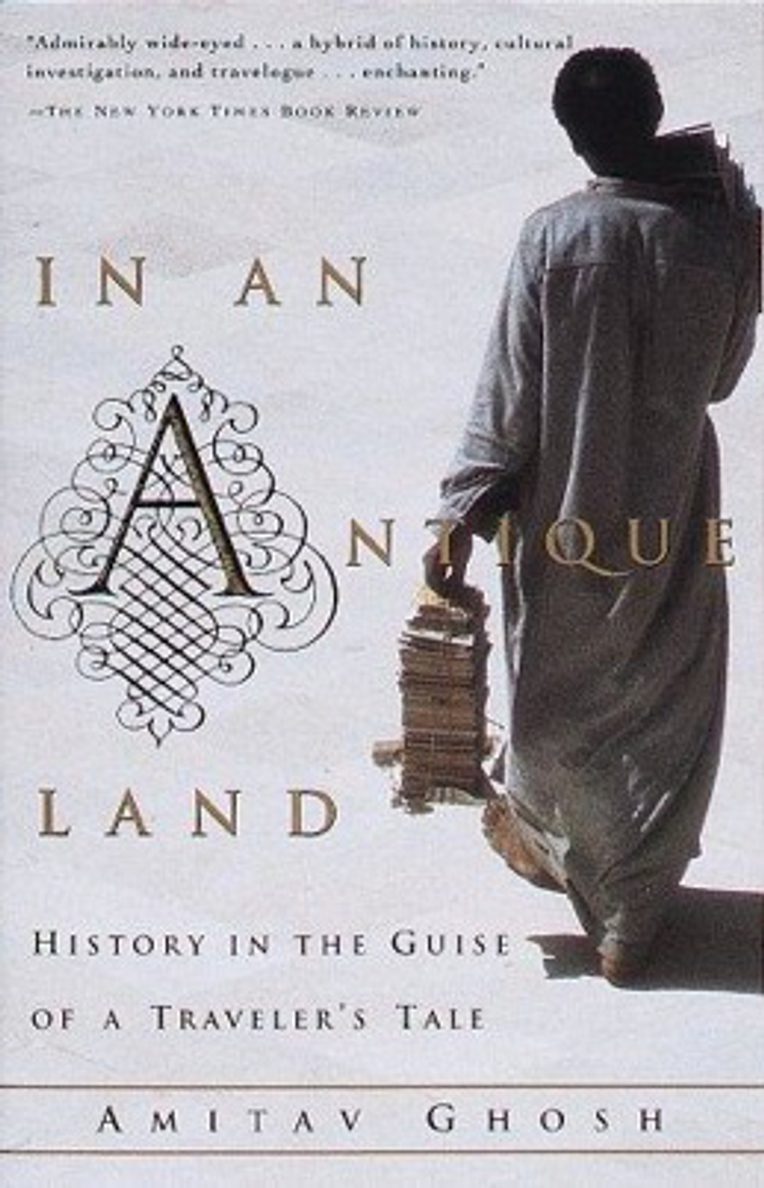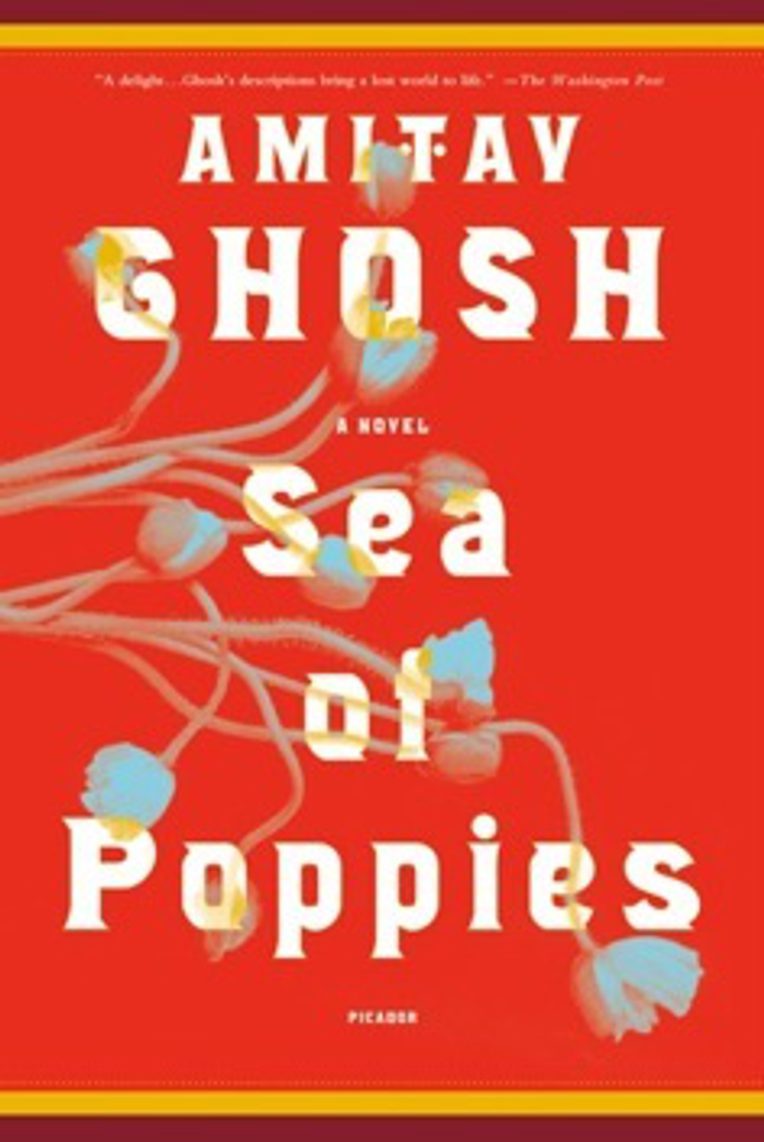This post builds on the research article “Anthropology and Fiction: An Interview with Amitav Ghosh,” which was published in the August 2012 issue of the Society’s peer-reviewed journal, Cultural Anthropology.

Cultural Anthropology has published a number of essays about anthropology and literature, including "Bombay Talkies, the Word, and the World: Salman Rushdie's Satanic Verses" by Michael M. J. Fischer and Mehdi Abedi; "Montaigne and the Cannibals: Toward a Redefinition of Exoticism" by Roger Celestin; "Visions of the Archipelago: Michel Leiris, Autobiography, and Ethnographic Memory" by Marc Blanchard; "Ethnography, Literature, and Politics: Some Readings and Uses of Salman Rushdie's The Satanic Verses" by Talal Asad; "Challenge to Authority: Bakhtin and Ethnographic Description" by Wendy A. Weiss; "Living with Medea and Thinking after Freud: Greek Drama, Gender, and Concealments" by Ayala H. Gabriel; "The Ethnographer's Textual Presence: On Three Forms of Anthropological Authorship" by Haim Hazan; and "Rimbaud's House in Aden, Yemen: Giving Voice(s) to the Silent Poet" by Lucine Taminian.
Amitav Ghosh published an article in Cultural Anthropology in 1994: "The Global Reservation: Notes toward an Ethnography of International Peacekeeping."

Additional Weblinks and Resources
Includes more information about the other as well as a link to his blog.
http://www.amitavghosh.com/chrestomathy.html
Fascinated by Ghosh’s explorations of language? Here the author talks more about his characters’ use of Bengali, Arabic, Chinese, Hindi, Laskar—and provides a lexicon.
http://onpoint.wbur.org/2011/10/13/amitav-ghosh
Amitav Ghosh’s interview with Tom Ashbrook, host of NPR’s 'On Point', from October13, 2011.
http://www.bbc.co.uk/programmes/b011tw7z
BBC Radio’s Mariella Frostrup talks to Ghosh about River of Smoke, the second book in Ghosh's Ibis Trilogy, set in the waterways around Canton during the events leading up to the start of the First Opium War in 1839.
http://www.newyorker.com/archive/2003/04/07/030407fa_fact2?currentPage=all
A 2003 New Yorker piece on American Empire.
http://www.thenation.com/article/imperial-temptation
Also on imperialism, a 2002 TheNation article, “Imperial Temptation,”

Classroom Discussion Questions
1. What, as you see them, are the boundaries between "thick ethnographic description" in Geertz's sense (1973), and literature? How can we think about the differences between ethnography and literature if we know that "fictional" literature is often based on archives and "fact," while the social "science" of ethnography must often constructs a fiction-like narrative in order to convey some larger truth?
2. Amitav Ghosh has moved fairly fluidly between the the world of literature and his scholarly training as an anthropologist and ethnographer. What might be the benefits of this hybridity and dual perspective? What might be drawbacks or pitfalls of this movement?
3. Ghosh's evocation of his approach to his work suggests that he doesn't like to draw lines between fact and fiction; between ethnography and literature; or between, perhaps in a larger sense, art and science. Where in the article do you sense Ghosh's "discomfort" with these distinctions, or how would you articulate the way he distinguishes (or reconciles) the worlds (and methods) of literature and anthropology?
4. Ghosh writes, "The one most important thing I learnt from anthropology (especially fieldwork) was the art of observation: how to watch interactions between people, how to listen to conversations, how to look for hidden patterns" (541). Here Ghosh identifies some of the shared ground of novelists and anthropologists. In what other ways is the observational work of the novelist and the anthropologist similar? In what ways, if any, are they different?